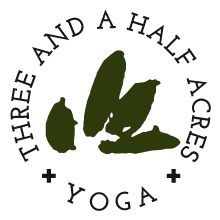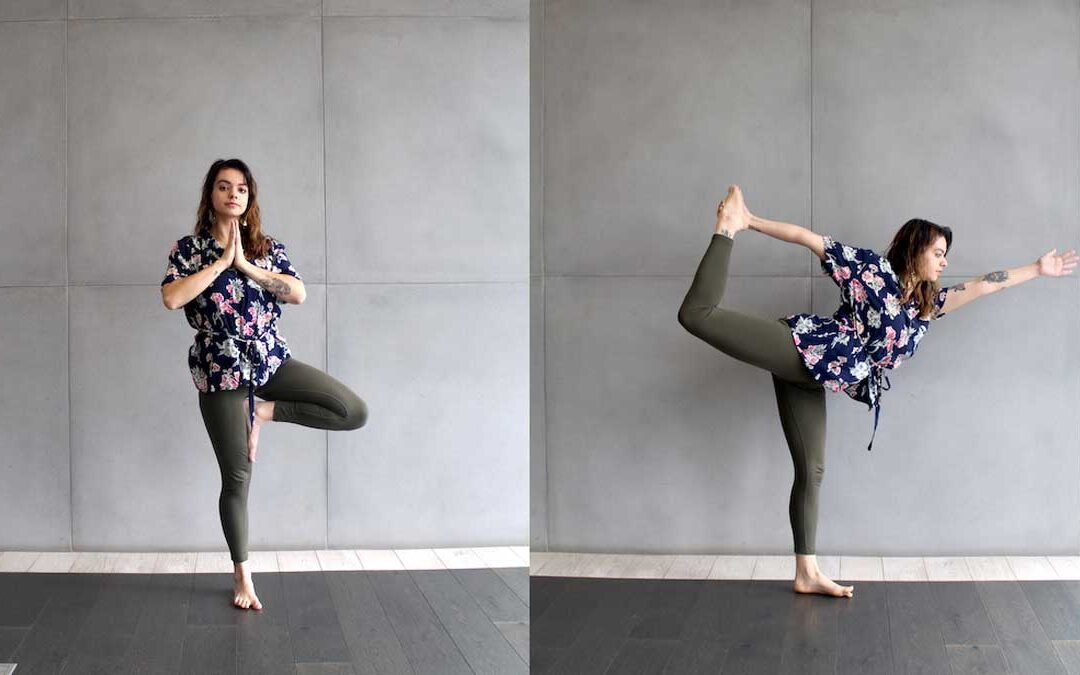One in three women reported physical or sexual violence by an intimate partner prior to the pandemic. According to UN Women the matter has intensified with an increase in reports of domestic violence cases to helplines, womens’ shelters, and the police.
There have also been increasing concerns surrounding accessibility to domestic violence shelters and helplines and as a result services have reached capacity. Additionally, the pandemic has had a substantial impact on low-income populations, most notably an increase in violence that disproportionately affects lower- and middle-income countries and regions. Exposure to violence and other sources of trauma may lead to a cycle of abuse and subsequent intergenerational trauma, highlighting the inevitable effects of poverty and economic inequality on lower-income populations.
UN Women referred to violence against women and girls as the “Shadow Pandemic”, noting the increase in violence including domestic violence as a result of quarantines and the pandemic.
As the world transitions and opens up again, it is important that we remain mindful of the effects of abuse and the trauma that may linger in its aftermath.


Abuse and Trauma
Abuse refers to a form of mistreatment whereas trauma refers to the result of abuse. Not everyone who experiences abuse becomes traumatized. According to the National Adult Protective Services Association, types of abuse may include physical, emotional, neglect, isolation, financial, abandonment, sexual, and self-neglect.
Trauma can stem from a range of sources and there is not one path that people who experience trauma will take. Some types of trauma include acute, chronic, complex, or generational.
Acute trauma results from a single incident, for example exposure to a violent event or an experience that threatens one’s physical or emotional safety.
Chronic trauma refers to repeated and prolonged trauma, for example domestic abuse, war or combat, chronic illness, and homelessness.
Complex trauma refers to exposure to multiple traumatic events typically experienced by a child or young person, for example child abuse.
Generational trauma refers to inherited trauma, for example trauma experienced by refugees and combat survivors.
Mind-Body Healing is Needed Now More Than Ever
Healing trauma involves mind-body intervention.
While traditional Western methods of healing trauma such as traditional talk therapy or different forms of cognitive behavioral therapy may work for some, there is no one way to heal from trauma. Healing through the body has been found to be an effective alternative through methods such as trauma-informed yoga, breathwork, EMDR, somatic experiencing, meditation, and more.
In The Body Keeps the Score, author and trauma-expert Dr. Bessel van der Kolk discusses the importance of integrating physical activity as an outlet and tool for healing. Trauma-informed yoga has been cited as one way to alleviate stress and allow for healing after exposure to abuse and the trauma that may follow.
In this Breathing Room series, we’re discussing the ways that trauma-informed yoga can help us heal the mind and the body from abuse. You will also get an overview of some of our partners who serve survivors of abuse as well as an invitation to experience a meditation session with one of our trauma-informed yoga teachers.
Trauma-informed Yoga
While yoga offers mind-body healing, many poses can be triggering to survivors of trauma, particularly sexual trauma. Trauma-informed yoga allows us to make the practice safer and more accessible while addressing the needs of trauma survivors.
This form of yoga touches on:
- inclusivity,
- self-regulation strategies that improve awareness of the body,
- nervous system regulation, and
- encourages personal empowerment and agency.
Some trauma-informed poses include staff pose, mountain pose, warrior pose, and planks.
Three and a Half Acres Yoga (THAY) partners with nonprofit organizations that serve survivors of abuse. Some of our programs include:
- Violence Intervention Program (VIP) provides crisis counseling, advocacy and support for survivors of domestic and sexual violence,
- HopeWorks of Howard County supports and advocates for people in Howard County affected by sexual and intimate partner violence and engage the community in creating the change required for violence prevention, and
- The Hive Community Circle a survivor-led, survivor-driven support organization helping women and girls in South Carolina overcome the trauma of sexual assault, intimate partner violence, and stalking.
Meditation Session with a THAY Trauma-informed Trained Yoga Teacher
Join our trauma-informed trained yoga teacher, Natalya Malarczuk as she walks us through a meditation, focusing on conscious breathing and mind-body awareness.



